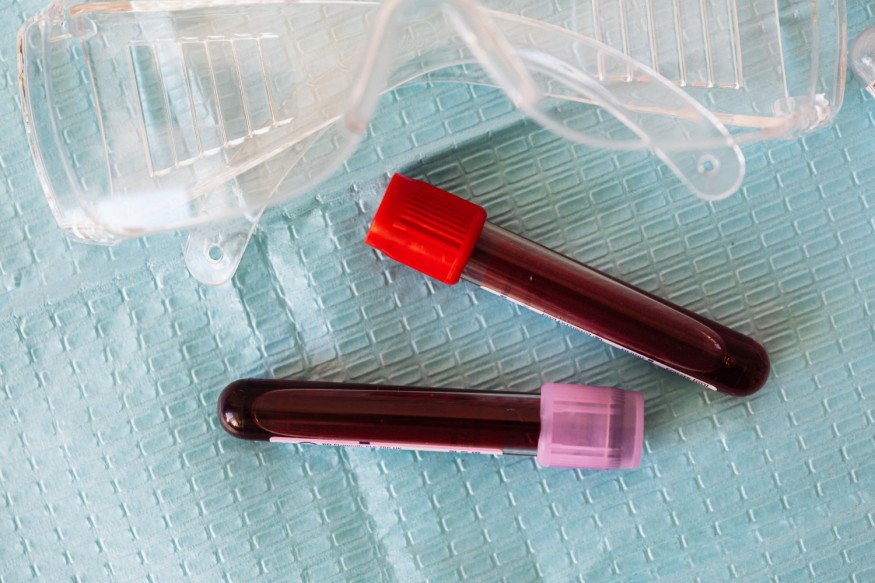As COVID-19 continues to sweep across the globe, a study suggests using blood tests to determine the likeliness of severe COVID-19 and mortality in a patient.
When COVID patients arrive in the emergency room, health professionals have very few ways to predict who will require intensive care due to severe symptoms and who will be able to recuperate.
Researchers from Yale University published a study that could help doctors identify critical early clues. In the study, researchers report biomarkers linked with white blood cell activation and obesity that can predict severe outcomes for patients with COVID-19.
Neutrophil Activation and Biomarkers as Early Detection
Researchers from Yale University published their study in the journal Blood Advances entitled, "A Neutrophil Activation Signature Predicts Critical Illness and Mortality in COVID-19".
Dr. Hyung Chun, lead author and associate professor at the Yale Pulmonary Vascular Disease Program explains that patients with high levels of biomarkers are more likely to require intensive care, ventilation, or die from COVID-19.
Previously, few laboratory studies identified possible biological indicates of severe COVID including a measure of blood coagulation, cytokines protein levels, D-dimer levels, and inflammatory responses.
To understand which biomarkers would help doctors predict the severity of COVID in patients, researchers from Yale screened multiple proteins within the blood in a process called proteomic profiling.

The team analyzed blood samples from patients' first-day admission. Additionally, researchers examined clinical data of more than 3,000 COVID-19 positive patients within the Yale-New Have Hospital System.
Researchers using machine learning algorithms identified prominent signatures of neutrophil activation--a type of white blood cells that were elevated in COVID positive patients that became critically ill in later days. in five proteins including hepatocyte growth factor, lipocalin-2, granulocyte colony-stimulating factor, and interleukin-8. Many of the said proteins are heavily linked with obesity but never with viral illnesses or COVID-19.
Dr. Alfred Lee, an associate professor, and director at Yale Medical Oncology-Hematology Fellowship Program explains that the study is a first demonstration of setting biomarkers in the blood of COVID patients that will predict the eventual ICU admission and mortality of the patients.
Chun explains that if a diagnostic test for the biomarkers could be ordered early, it would give doctors a better sense of which patients are more likely to become critically ill and would better benefit from drugs that affect the immune system.
The Link Between Obesity and COVID-19
The Centers for Disease Control and Prevention previously noted that obesity and severe obesity increase the risks of severe COVID-19 illnesses. Obesity is known to triple the risk of hospitalization from COVID, wherein body mass index has been correlated with mortality from COVID-19.
Lee explains that neutrophils are inflammatory cells that, in context, would be elevated in obesity that involves chronic, low-grade inflammation with COVID-19 that causes hyper inflammation in severe cases that lead to tissue damage and organ failures.
Lee adds that neutrophils might be a player in thrombosis or blood clotting.
Check out more news and information on COVID-19 on Science Times.
© 2025 ScienceTimes.com All rights reserved. Do not reproduce without permission. The window to the world of Science Times.











